
Perfect books to give

Sometimes it can be hard to choose gifts for friends and family, so here is a list of recommended books for children and adults - most of them are even available from the Amnesty Shop.
All of them have human rights at their heart and all of them are wonderful reads. Here you’ll find independent reviews by Amnesty staff and volunteers to help you make your choice. Enjoy!
Books for children
Julian is a Mermaid by Jessica Love
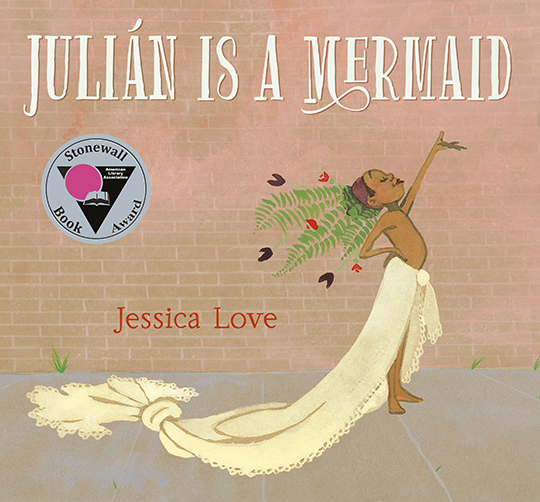
This is a delightful book full of surprises. Julian is an exceptional young person and you will be enchanted to enter his world. The best way I can describe this book is that it teaches you how to be an adult... the perfect gift.
Reviewed by Ro Seabrook, Human Rights Education team
Don’t Call me Princess by Kate Evans
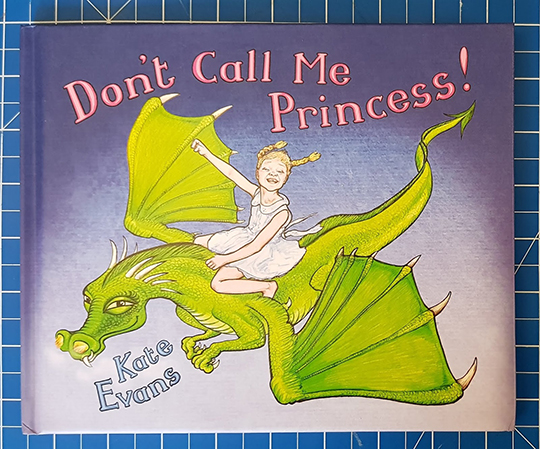
Kate Evans’s book revisits classic fairy tales and give them the ending they deserve. What would happen if Sleeping Beauty and Snow White refused to be kissed by complete strangers? What would happen if The Beauty decided to value her own life and escape the Beast? Find out in this exciting modern fairy tale with 21st century twists.
Reviewed by Christofere Fila, Publishing team
Books for young adults
On the Come Up by Angie Thomas
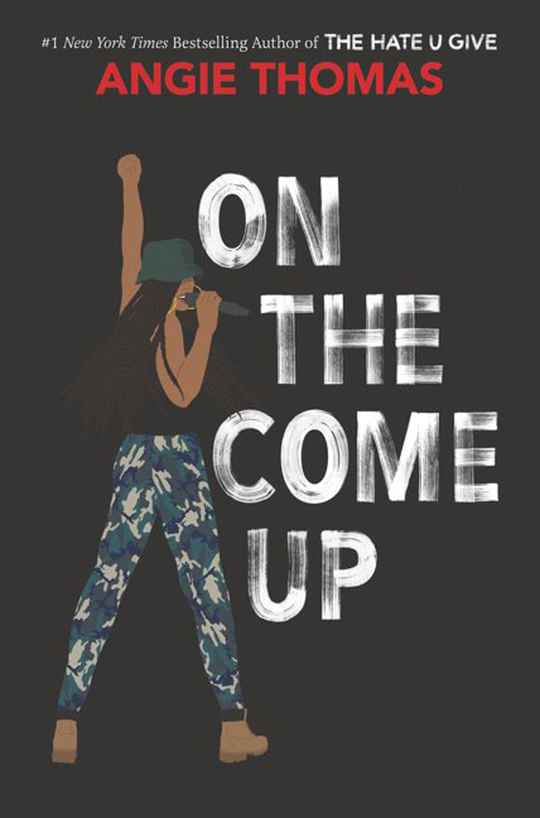
Thomas’s much-acclaimed first novel, The Hate U Give, was definitely not a one-hit wonder – this, her second novel, is written with as much skill and compassion. On the Come Up is told from the perspective of 16-year-old aspiring rapper Bri, and Angie Thomas breezes between prose and hip hop verses as she explores fame, grief, family, poverty, community, and what it means to make difficult choices. This novel is complex, moving, with the strongest voice I think I’ve ever read. The characters are described with such heart that you’re in no doubt that it’s the circumstances, not the people, that they want to move beyond.
Reviewed by Ché Ramsden, Innovations team
Graphic novels
Guantánamo Kid by Alexandre Franc and Jérôme Tubiana
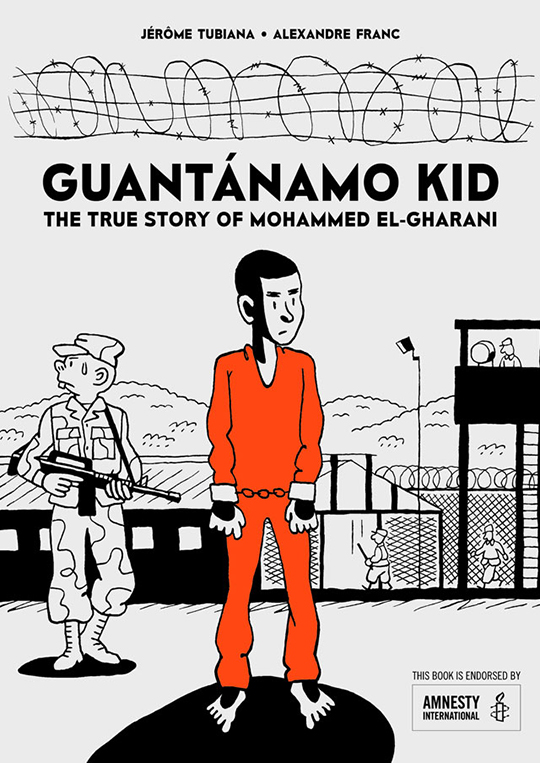
This is a brilliant non-fiction graphic novel about one of the youngest detainees at Guantánamo Bay. At the tender age of only 14 - or maybe 13, he doesn’t know for sure - Mohammed El-Gharani was imprisoned for 7 years in the US detention centre that is infamous for the many human rights abuses perpetrated there. The book splendidly depicts the moments before Mohammed was mistakenly captured, his unjust and cruel imprisonment at Guantánamo Bay and also the years after his release.
Reviewed by Sonia Laso, Hammersmith Books for Amnesty
Sensible Footwear by Kate Charlesworth
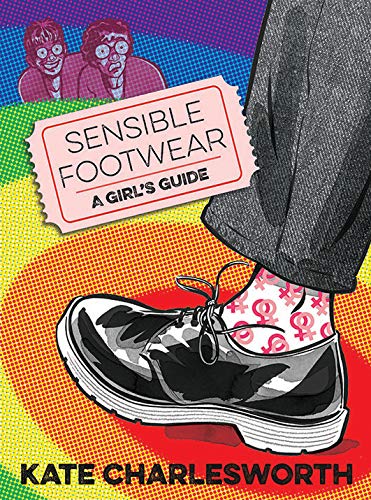
This book interweaves the personal story of author and illustrator, Kate Charlesworth, her coming out and falling in love, with a comprehensive social history of the LGBT+ movement in Britain. The way Kate brings together archival material and personal stories is fascinating in this tender and heart-warming graphic novel. The thing I liked most about this book is that most of the time it’s just great fun. She isn’t afraid to take the mickey out of herself, and lesbians in general - reminiscent of the wonderful Alison Bechdel in Dykes to watch out for. For younger audiences reading this, more than just being an excellent educational resource this provides the sense that many struggles are shared struggles and that they can be just as challenging now as ever. Sensible Footwear provides much needed representation for queer women.
Reviewed by Georgina White, Social Giving and Retail team
Books for adults
How to be an Antiracist by Ibram Kendi
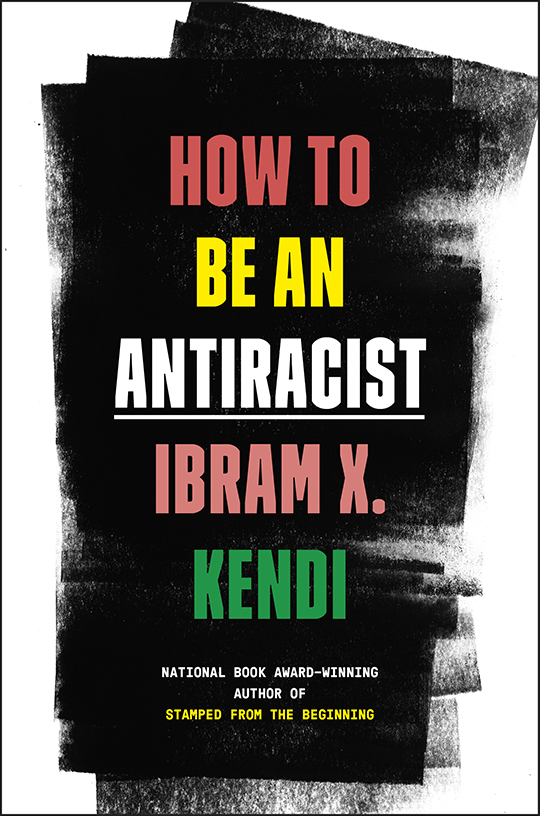
Author, historian and activist Ibram X Kendi wishes we treated racism the same way we treat cancer. This book unravels words and concepts that all of us hear on a regular basis without really knowing what they mean. What does it mean to be an antiracist? What is institutional racism? How is it different from ‘not being racist’? And more. The author achieves this by sharing his personal connection to each word and how his understanding of them evolved and shaped him as an adult. Put your antiracist cap on and brush up your vocabulary before the festivities - show your relatives that you are the smartest while talking about racism. Everyone should have a copy of this important, poignant and timely book.
Reviewed by Christofere Fila, Publishing team
Solitary by Albert Woodfox
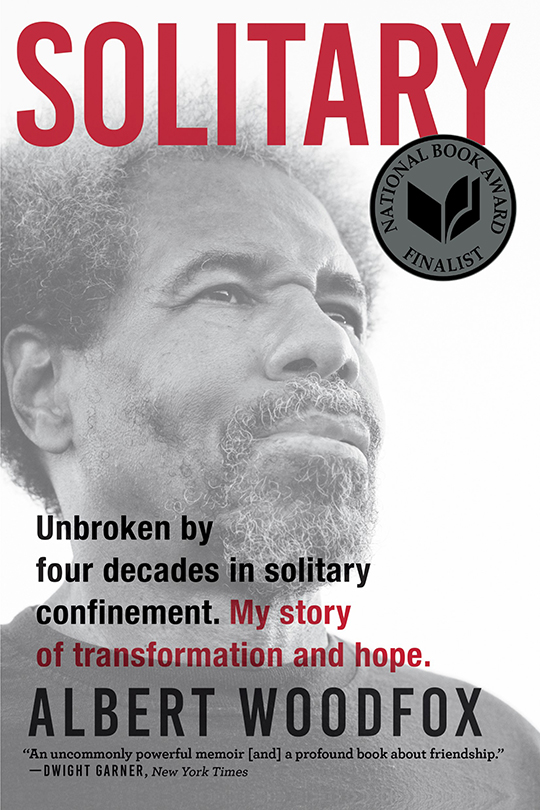
This is an extraordinary book. Ostensibly it’s a tale of an appalling travesty of justice, being the autobiography of Albert Woodfox, who spent 44 years in solitary confinement for a crime he didn’t commit. Amnesty supporters around the world campaigned vigorously for his release. You’d expect the book to be grim reading and in some respects it is. But it’s so much more. It’s a an wonderfully perceptive and reflective memoir of a man who never lost touch with his humanity. Perhaps most importantly, it shows what kindness and solidarity can achieve. An uplifting triumph of the human spirit in every way.
Reviewed by Nicky Parker, Publishing team
Belonging by Umi Sinha
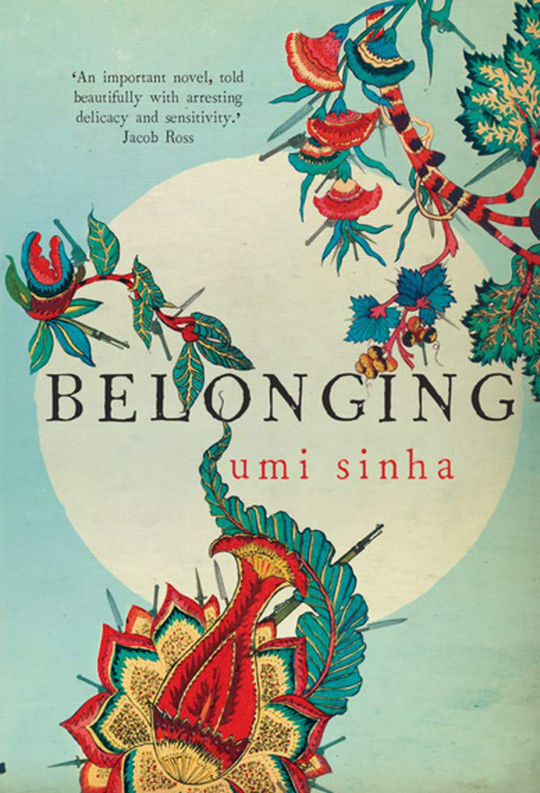
Hooked by the secrets hidden behind the mysterious tablecloth, this beautifully engaging novel leads you on a narrative journey through generations of British life in India, across an era of intense colonial prejudices and tension. Sinha delicately weaves together the stories of Lila, her father Henry, and the letters of her grandmother Cecily, all of whom face difficulty in their efforts to find love and escape the realities that imprison them as a result of years of colonial conflict.
While at first anticipating a native narrator, I found the focus on the voices of British colonials, whose lives were equally dominated and overshadowed by colonialism, to be a refreshing and innovative take on history. The prose is not overbearing or intimidating but uniquely intimate and captivating, building on excellent characterisation. A wonderful and ambitious first novel.
Reviewed by Heather Anderson, Publishing team
Our blogs are written by Amnesty International staff, volunteers and other interested individuals, to encourage debate around human rights issues. They do not necessarily represent the views of Amnesty International.
0 comments